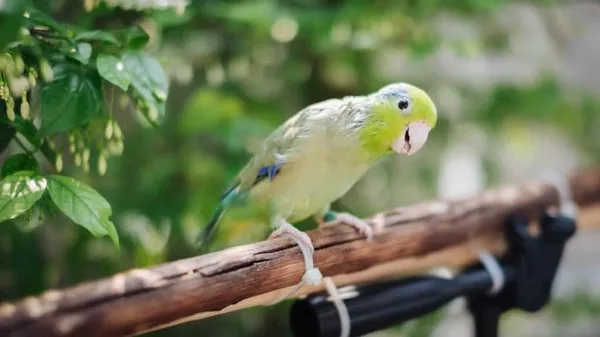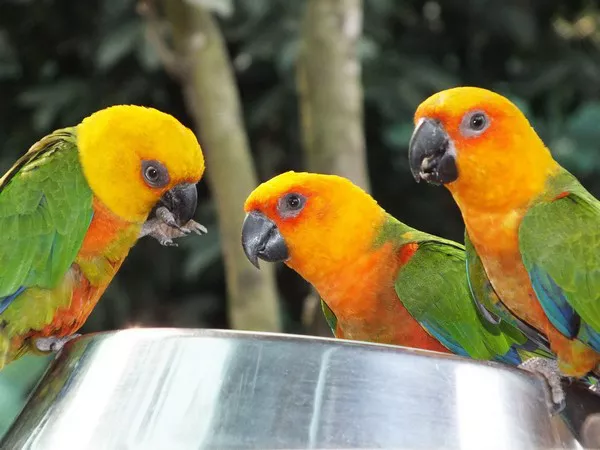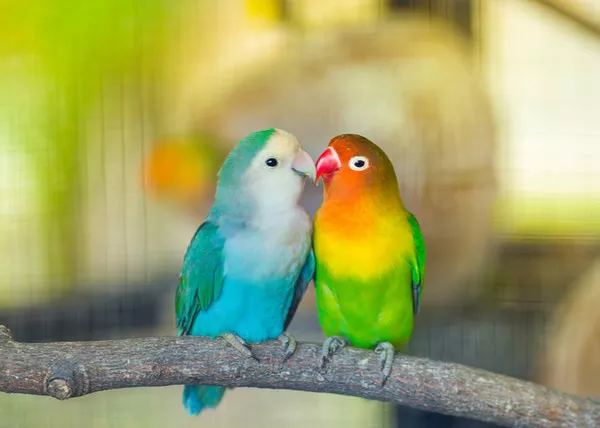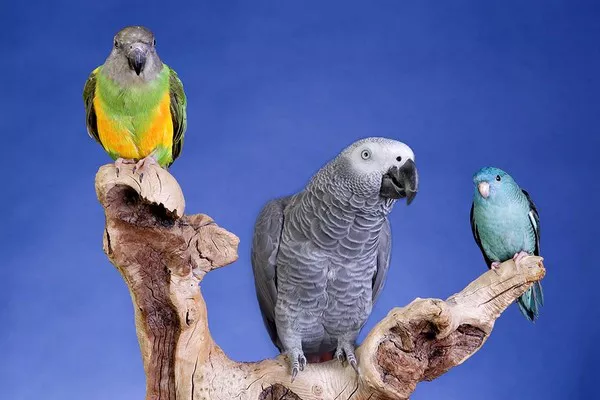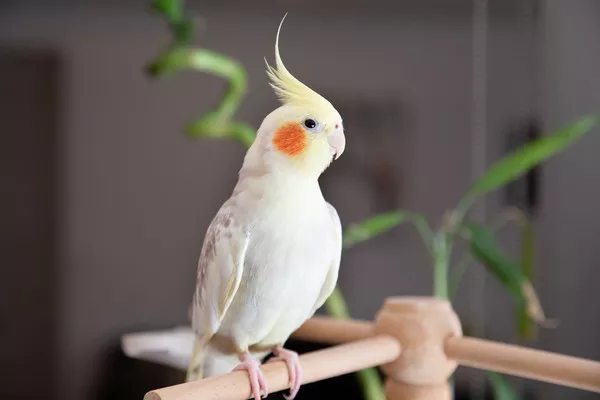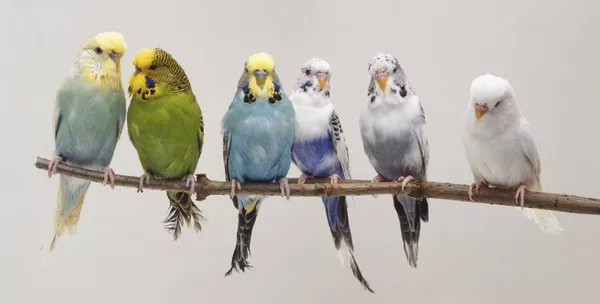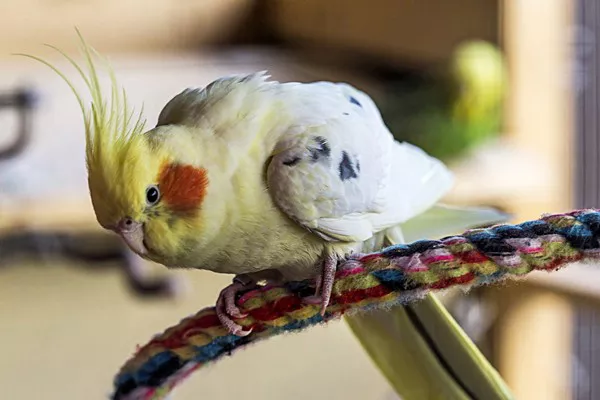African Grey Parrots are known for their high intelligence, impressive vocabulary, and entertaining personalities. However, some potential bird owners may be hesitant to adopt one due to concerns about aggression and biting. In this article, we will explore whether African Grey Parrots bite, the reasons behind their biting behavior, and how to prevent and manage biting in these birds.
Do African Grey Parrots Bite?
Like all parrots, African Grey Parrots have the potential to bite. However, it is important to note that biting is not a natural or normal behavior for these birds. Biting typically only occurs when a bird is feeling threatened, scared, or agitated. With proper care, training, and socialization, it is possible to prevent or minimize biting in African Grey Parrots.
Reasons for Biting in African Grey Parrots
African Grey Parrots may bite for a variety of reasons. Some common reasons for biting include:
- Fear or aggression: If an African Grey Parrot feels threatened or cornered, they may bite in self-defense. Similarly, if they perceive a person or object as a threat, they may react with aggression.
- Territorial behavior: African Grey Parrots may become protective of their cages or perches, biting anyone who gets too close or tries to handle them.
- Hormonal changes: During breeding season, African Grey Parrots may become more aggressive or territorial. This is especially true for male birds, who may become more aggressive as they seek to establish their dominance.
- Lack of socialization or training: African Grey Parrots that have not been properly socialized or trained may be more likely to bite. They may not be accustomed to being handled, touched, or interacting with humans, leading to fear or discomfort.
- Illness or pain: If an African Grey Parrot is sick or in pain, they may bite as a form of self-protection or to communicate their discomfort.
Preventing and Managing Biting in African Grey Parrots
Fortunately, there are several steps you can take to prevent and manage biting in African Grey Parrots. Some effective strategies include:
- Socialization and Training: Proper socialization and training are crucial to preventing biting in African Grey Parrots. Start by introducing your bird to new people, objects, and experiences gradually. Reward good behavior and avoid punishing or scolding your bird. Instead, redirect their behavior by offering toys or treats.
- Providing Enrichment: African Grey Parrots are highly intelligent and need mental stimulation to prevent boredom and frustration. Provide your bird with a variety of toys, puzzles, and activities to keep them engaged and occupied.
- Understanding Body Language: Pay attention to your African Grey Parrot’s body language. Signs of fear or discomfort may include fluffed feathers, hissing, or an open beak. If you notice these behaviors, give your bird some space and time to calm down.
- Consistency and Routine: Establishing a consistent routine and environment can help your African Grey Parrot feel secure and reduce anxiety. Try to provide a predictable schedule for feeding, playtime, and bedtime.
- Seeking Professional Help: If your African Grey Parrot continues to bite despite your efforts, seek professional help from a qualified avian veterinarian or a bird behaviorist. They can provide guidance on managing biting behavior and offer tips for improving your bird’s well-being.
In Conclusion
While African Grey Parrots may have the potential to bite, with proper care, socialization, and training, biting can be prevented or minimized. Understanding the reasons behind biting behavior, paying attention to your bird’s body language, and providing a stimulating and consistent environment can all help reduce the likelihood of biting in African Grey Parrots. With patience and perseverance, you can develop a strong bond with your African Grey Parrot and enjoy a long and rewarding relationship filled with trust and companionship.
Recommended reading:


